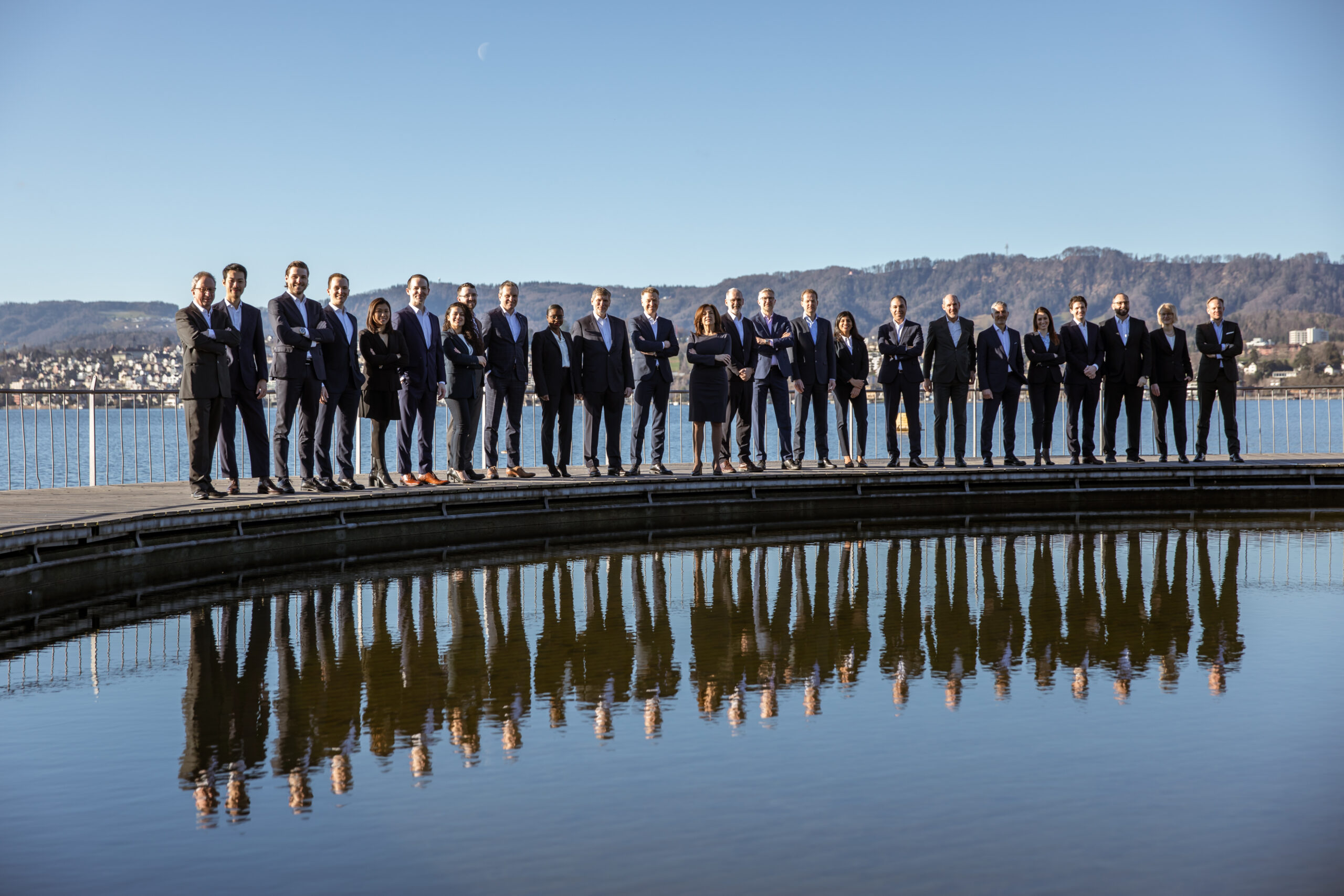Emerald was the first climate tech VC in Europe and one of the first in the US, correct?
Yes, we have been investing in sustainable technology, clean tech or climate tech (depending on the trending terminology), for over twenty years. The “we” is very important to me – the reason we are still here in climate tech, longer than any other VC that I know, is because we stuck it out together through the hard times by collective grit and ingenuity. And we have, together, created the growing and successful Emerald that we have today. So, am I proud of being the most experienced VC in climate tech? Extremely.

Given the clear purpose-driven nature of your investments, what do you have to say about the movement to define impact in the VC space? VC has been slower to move here than the traditional finance world.
It has been easy, from inside of our purpose-driven VC firm, to see the impact that we have: we invest in a company that is solving the problem of a large corporation right when they need the capital to scale. Not any solution, mind you, but a solution that will change the operations of that global company to make them cleaner and also allow them to diversify their business to make it more aligned with sustainability.
James Gifford, the main person behind the Principles for Responsible Investment (PRI), explained such impact much better than I could when he talks about the “Double Delta of Impact Investing”. This means creating impact at both the company level and the investor level. So on the first delta, meaning at the company level, you have to ask the question: does the company produce products and services that are solving a problem? To what extent are the companies making a difference? And on the second delta, you have to ask the question: to what extent is the investor helping that company grow further? VC funds finance a company so that it grows faster than it would have. And the VC fund also joins the board and helps to build the company by connecting them with potential partners and customers. So to quote him, “Impact investing requires investor additionality, and investor additionality requires you injecting new capital into the company so it can grow beyond the counterfactual or shareholder engagement and activism, where you’re using your power and influence to drive companies to improve.”
Like I said, this is what we do day in and day out. We know we are impactful. We know how to choose impactful technology. Next, we come to measuring impact. I am, of course, highly aware of the EU regulations that have been issued as regards this, as well as of the various initiatives in the finance industry to make this more transparent. I think these are important steps forward. And we have been measuring and reporting on the impact of the Technology Fund, our mandate from the Swiss Government, for many years, so we know exactly what this entails. We also strive to share knowledge and work with our peers to help drive universal standards, including inputs for Project Frame and VentureESG.
As for the rest of our funds, I think it is extremely important to get this reporting piece right. I cannot speak for the entire VC industry, but perhaps this is why movement here has been slower – this desire to get it right. Start-ups by nature are overly optimistic, and that is why I love them. But this means that I wouldn’t want to completely rely on their projections when reporting on the potential impact that they could have, and by association, that our funds would have. The last thing I want is to be accused of hawking impact based on forecasts that are wildly optimistic (read “unrealistic”).
And what about ESG?
It is important not to confuse ESG and Impact. Impact is what we defined above. Impact is creating a positive outcome through the actions that you are taking. ESG is preventing any negative outcomes. ESG is a hygiene factor – like pulling the weeds out of your garden. We have had rigorous ESG standards since day one. Without them, if we left the weeds in, the rest of the plants would not thrive and perhaps not even survive. ESG actions mitigate risk factors and ensure what I would consider the baseline for ethical business practices. ESG prevents harm. But ESG does not ensure good, either. Impact, on the other hand, is working hard for a positive outcome. Impact is more like tending to the garden itself – planting the seeds and watering them so that something beautiful and useful will blossom and grow, but without your care, would not be able to survive.
So what is your vision for Emerald as regards impact?
We are the pioneers of this space and we want to be a good example as regards transparency and credibility on impact. This is certainly where we are heading. But we will do it in a way that makes sense for our industry and the type of investments that we do, with appropriate indicators which I can be confident in and proud of. I would never call VC investing “easy” and I wouldn’t expect this to be either. So we will be doing this with the same high standards that we apply to everything else. And that takes time.
A term that I came across recently that really resonated with me when I think about impact at Emerald is “sustainable prosperity”. To me, this means that we invest so that the aspirations that we have for a world filled with opportunity and healthier living standards and equality can be achieved in a sustainable way. The impact of our investments supports this, they support sustainable prosperity. How do we quantify this? To be continued.
